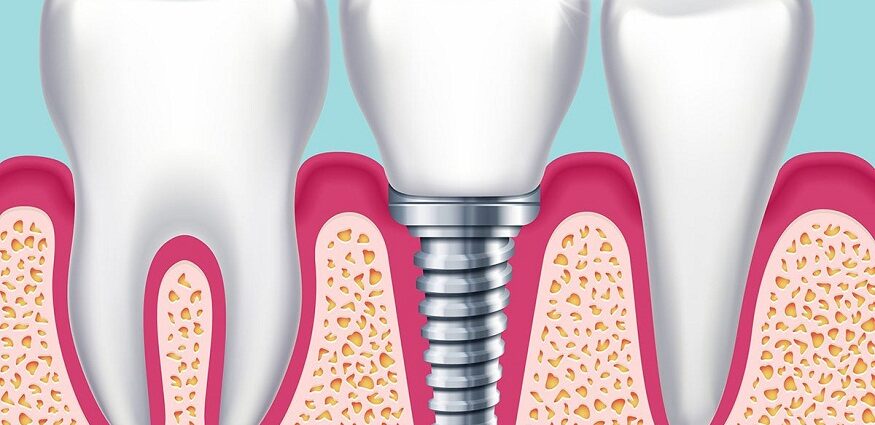Full mouth rehabilitation can change a life. It is a complete dental makeover, restoring health, function, and appearance. Whether due to injury, decay, or wear, this approach addresses every tooth. By using crowns, bridges, or implants, a skilled dentist can rebuild a smile. west hollywood dental cleanings often reveal the need for more extensive care. When that happens, full-mouth rehabilitation provides a clear path forward. It ensures that the result is not only beautiful but also strong and healthy.
What is Full Mouth Rehabilitation?
Full mouth rehabilitation involves comprehensive treatments that tackle various dental issues. It combines restorative and cosmetic techniques to achieve optimal results. The goal is to ensure that every part of the mouth functions properly. This includes correcting bite alignment, repairing damaged teeth, and replacing missing ones. While it sounds complex, each step is carefully planned to suit individual needs.
Why Consider Full Mouth Rehabilitation?
Several reasons might lead someone to explore this option:
- Significant Tooth Damage: Cavities, fractures, or severe wear.
- Gum Disease: Advanced stages that have affected tooth stability.
- Missing Teeth: Resulting in changes in bite and appearance.
These issues can impair chewing, speaking, and self-confidence. By addressing them, full mouth rehabilitation can restore not just oral health but overall well-being.
Common Procedures Used
When planning full mouth rehabilitation, dentists will consider various procedures:
- Crowns: Caps placed over damaged teeth to restore shape and function.
- Bridges: Structures that fill gaps left by missing teeth.
- Implants: Metal posts surgically inserted to support replacement teeth.
Each of these plays a crucial role in reconstructing the dental structure. To learn more about dental implants, visit NIH’s page on dental implants.
Benefits of Full Mouth Rehabilitation
The benefits extend beyond a stunning smile:
- Improved Function: Enhanced ability to chew and speak.
- Better Oral Health: Reduced risk of future dental issues.
- Increased Confidence: A boost in self-esteem and comfort during social interactions.
This holistic approach not only repairs but also rejuvenates. It paves the way for a healthier lifestyle and renewed vigor.
Comparing Options: Crowns vs. Bridges vs. Implants
| Treatment | Purpose | Longevity | Cost |
| Crowns | Protect and restore damaged teeth | 10-15 years | Moderate |
| Bridges | Replace one or more missing teeth | 5-10 years | Less than implants |
| Implants | Replace missing teeth with a permanent solution | 20+ years | Higher |
When choosing, dentists balance these factors according to the patient’s condition and preferences.
What to Expect During the Process
Full mouth rehabilitation is a journey. It starts with a thorough examination and consultation. The dentist will discuss potential procedures and outcomes. Once a plan is set, the treatments begin. These might occur over several appointments. Patience is key, as the result is a carefully crafted, long-lasting transformation.
Conclusion
Full mouth rehabilitation is more than just fixing teeth. It is about restoring comfort, function, and confidence. By choosing the right treatments, patients can enjoy a renewed sense of well-being. The process may take time, but the outcomes are life-changing. For further reading, check out CDC’s guide to adult oral health.

